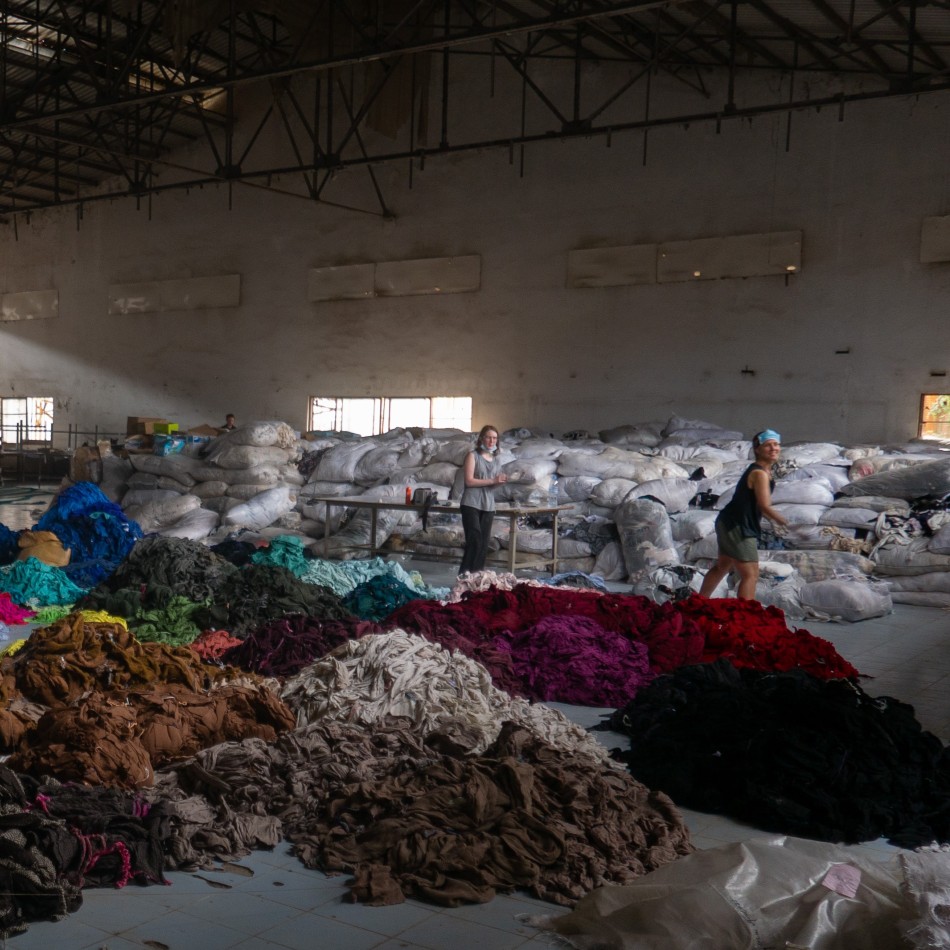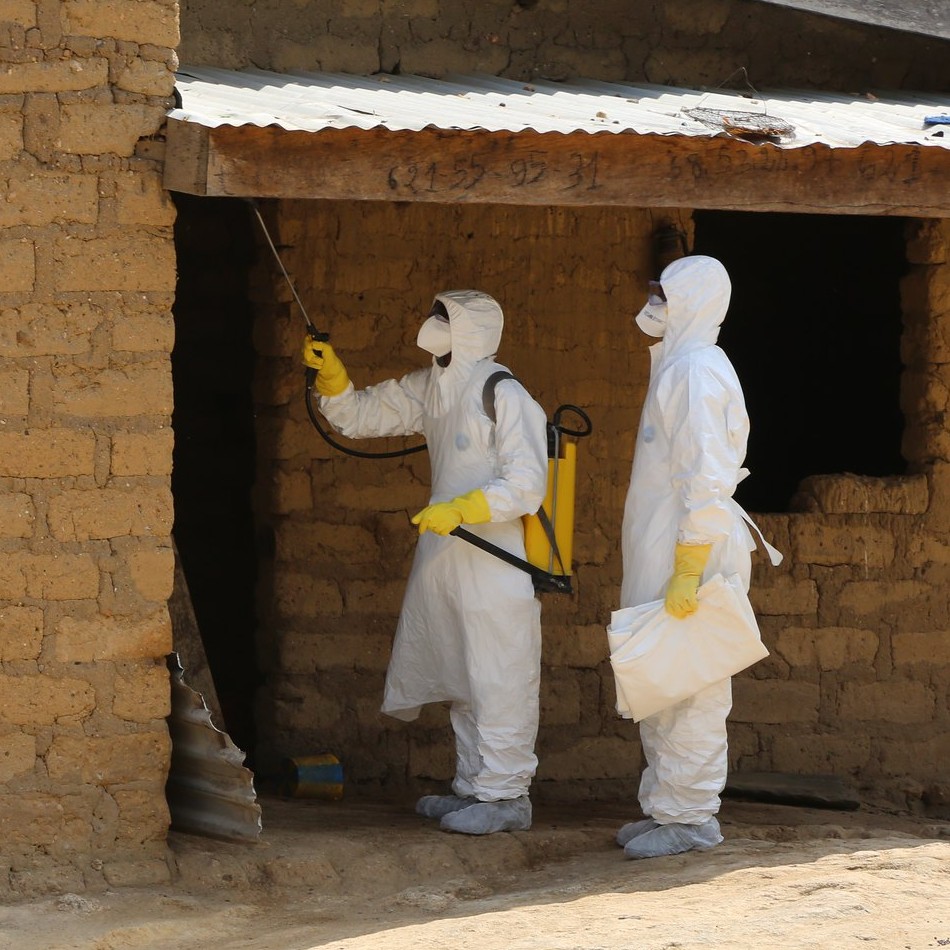With society on the edge of its seat in anticipation of a continued recession, the U.S. is going against expectations and is appearing to turn around the economy. The U.S. economy grew by 2.6% in the third quarter of this year after declining by 6% in the first quarter and 1.6% in the second quarter, which by definition takes the economy out of a recession. This is introducing reduced fears of a future recession; however, it does not prove that the economy has fully recovered.
globalEDGE Blog - Page 29
Publish Date:
European Union lawmakers and member countries reached a deal to ban the sale of new gasoline and diesel cars and vans by 2035. It would effectively prohibit the sale of new cars and vans powered by gasoline or diesel in the 27-nation bloc. The deal EU between negotiators was made on October 27and is the first agreement of the bloc's “Fit for 55" package, which the bloc's European Commission set up to achieve the goal of cutting greenhouse gas emissions by 55% over this decade. Under the deal, carmakers are required to reduce the emissions of new cars sold by 55% in 2030 compared to 2021, leading to a 100% cut five years later. The European Parliament and member states must formally approve the agreement before it is put into action.
Publish Date:
Reflecting on the past couple of months, many headlines have emphasized the hyperinflation businesses and individuals are feeling around the world; however, many analysts have questioned if these price hikes are inflation or "greedflation". Headlines across Canada specifically are calling out grocery store chains for skewing the prices of their goods. With rising inflation, the majority of companies are steadily losing profit with the exception of grocery stores in Canada that are reporting high profits.
Publish Date:
The World Series is one of the biggest American sporting events of the year. The games brought in an average of 11.75 million viewers in the 2021 MLB World Series, with a high of 14.3 million viewers in the series’ final game. The viewership ratings made a remarkable recovery from the 2020 COVID-19 World Series, where only 9.7 million average viewers tuned in to watch the World Series. During the first game of the 2020 World Series, they were only able to bring in 9.1 million viewers, which is the lowest number of viewers ever for a World Series game. This was a significant decrease compared to 2019’s World Series, which brought in 23 million viewers for the seventh game. It was projected that Game 7 brought in 400 million dollars in total advertisement revenue. Despite the fluctuating viewers, the World Series is undoubtedly the center of attention for baseball fans, as well as for companies looking to show off their brand.
Publish Date:
From November 20, 2022, to December 18, 2022, all eyes will be on Qatar for the FIFA National World Cup. Whether you are viewing it from your TV, phone, or laptop, the tournament will be one of the most accessible world cups, as it will be televised on FOX, FS1, and Telemundo while also streaming on a variety of legal platforms. The 2022 World cup is predicted to have 5 billion views which would surpass the 3.5 billion viewers from the 2018 Russia World Cup. This is the perfect opportunity for brands to capitalize on the World Cup and promote their goods or services.
Publish Date:
The World Cup is making history in 2022! This year marks the first time in the 92-year history of the World Cup that it is hosted by a Middle Eastern nation. Qatar put in its bid in 2009 while competing against Australia, South Korea, Japan, and the U.S. for the chance to host this prestigious event. Hosting sports events as globally recognized as the World Cup ensures economic benefits that will provide the nation with a great opportunity to not only capitalize on profit but also show off its unique culture and traditions throughout the event, resulting in progress for the nation of Qatar.
Publish Date:
This is the first post in a -part blog series focused on the 2022 World Cup.
Four years ago, more than half the global population tuned in to watch the 2018 FIFA World Cup. Now, only a month away, soccer fans anxiously await the 2022 World Cup. This year, thirty-two countries will compete in the most popular sport in the world in hopes of being crowned champion. With over 3.5 billion fans worldwide and over 250 million players across 200 countries, no other event reaches such a global audience.
Publish Date:
As the TikTok app gains popularity among multiple age groups across the globe, information is spreading quickly and videos are going viral almost instantaneously. Growing like no other app, TikTok has been the world’s most downloaded app since early 2020, providing another platform for businesses both big and small to influence users. One recent sensation is Shein, a Chinese online retailer focused on clothing, accessories, shoes, bags, and other fashion items for all ages. Shein is known for cheap prices that appeal to the teenage eyes, which tend to be the most active on TikTok.
Publish Date:
The anticipation around the growing electric vehicle market has consumers excited about the future of transportation, but this future may be approaching in a way we did not expect. With concerns around COVID-19 exposure on public transportation, many people started utilizing alternative methods of getting around, one of those methods being biking. A Dutch company in particular saw this phenomenon and has taken their solution to the next level, saying goodbye to the average bicycle and introducing electric bikes.
Publish Date:
A new Ebola outbreak is occurring in Uganda. The outbreak is believed to have started with one man in August of 2022 but has now spread to almost 50 people. This outbreak approaches as the Ugandan healthcare system is still struggling to recover from the impacts of the COVID-19 pandemic. Several other African countries, such as Kenya, Rwanda, and South Sudan are starting to screen travelers for Ebola symptoms to mitigate the spread.












